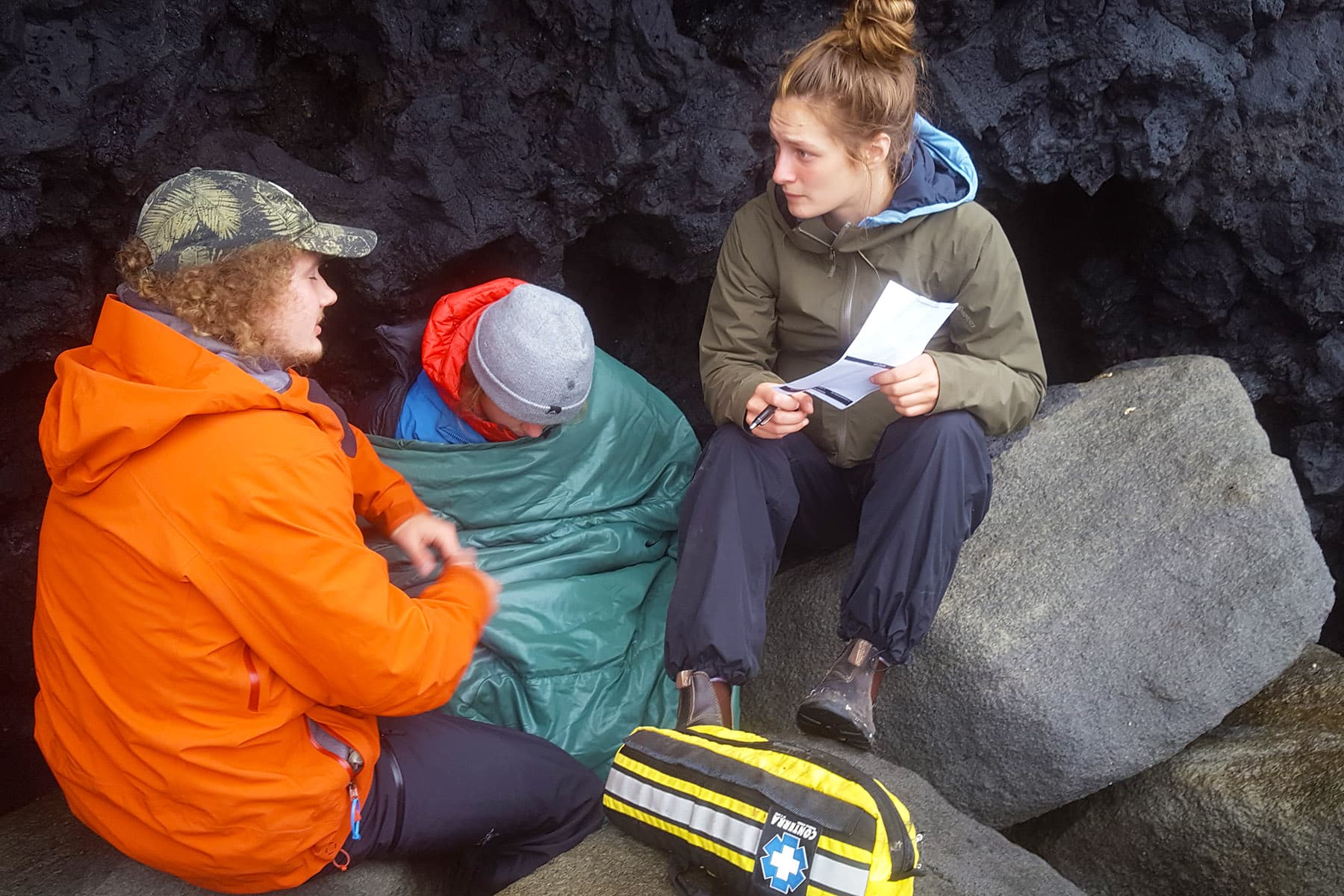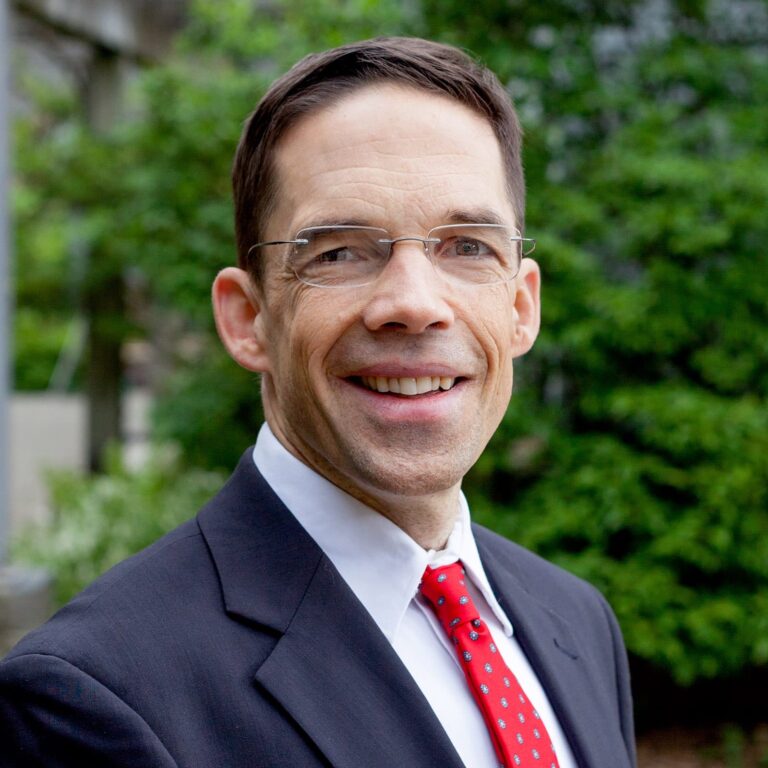
Wilderness First Responder (8 day)
Viristar’s classic wilderness medicine course, the standard training for those in wilderness and remote settings
The flagship wilderness medicine course, providing comprehensive training and hands-on practice in patient assessment, Basic Life Support, musculoskeletal injuries, spine injury management, allergy & anaphylaxis, wound management, common backcountry medical problems, medical-legal issues, and more.
Recommended for those traveling to remote wilderness areas, disaster response situations, and remote areas in low-income countries.)
Course Overview
Wilderness First Responder (8 day)
Course # 230901
Dates
December 4 –
December 11
Course Length
8 days, 5 days + pre-course work
Location
Ho Chi Minh City, Vietnam
Notes
rustic lodge facility is off-grid with no wifi
Course host
International School Ho Chi Minh City
Registration deadline
December 4
Cost
VND 7,6000,000
We Offer Scholarships
Language
English
Certification
Wilderness First Responder
Registration Handled By
two options, “Viristar” and “course host”
Course Description
The Wilderness First Responder curriculum is written by a team of remote medical rescue researchers and professionals. Ongoing evidence based research and review contributes to a unique and innovative approach to patient care in backcountry and austere settings. The curriculum is comprehensive, complete, and kept current on an annual basis. This is the most current and cutting edge course of any first response medical training (urban or remote) in the world.
- Wilderness Protocols including wound cleaning and exploration, spine injury assessment, dislocation reduction, CPR in the remote setting, and anaphylaxis and asthma.
- General Principles of Wilderness and Rescue Medicine with an emphasis on the prevention and identification of medical emergencies, appropriate technology, and risk management.
- Patient assessment and emergency care including CPR, basic life support (BLS), and the emergency treatment of anaphylaxis and asthma.
- Environmental Medicine including altitude illness, hypothermia and heat illness, frostbite and cold injury, lightning, submersion, and environmental toxins.
- Backcountry Medicine including the assessment and treatment of common medical problems.
- Musculoskeletal Problems including unstable and stable injuries, overuse syndromes, and dislocations.
- Wound management including open fractures, lacerations, burns and blisters.
- Practical skills including splinting, bandaging, litter packaging and medical kit preparation.
Certifications
This course has several formats including the traditional eight day, offerings over 7 and 5 days, and a hybrid option which features both online and in-person sections. Each includes a minimum of 70 hours (80 hours in Canada) of preparation, didactic, and practical time.
Upon successful completion, learners will receive a Wilderness First Responder certification and certification of CPR (based on ILCOR/AHA standards) at the BLS CPR for healthcare professionals level.
The course is registered for 70 hours of continuing education credit through the Commission on Accreditation for Prehospital Continuing Education (CAPCE).
Local EMS authorities may permit this certification to be used to challenge the US DOT First Responder exam.
Certifications are valid for three years.
Evaluation
Successful completion with certification is based on 100 percent attendance, satisfactory performance on homework assignments and written quizzes, demonstrated proficiency with practical skills and a successful grade on a final written exam. Viristar is committed to making reasonable accommodation to any learner with special needs.
Recertification
Recertification can be earned at any time during the three years following your course. Recertification options include the 36-hour WAFA-to-WFR Bridge Course or the 24-hour WFR Recertification Course.
Contact us more information about recertification options.
Prerequisites
Learners must be at least 16 years old to participate in this course. Those under 18 years of age require the written consent of a guardian or parent.
Continuing Education Hours
- Approved by Commission on Accreditation for Pre-Hospital Continuing Education (CAPCE)
- First Responder: 70
- EMT: 70
- Advanced EMT or Paramedic: 70
Materials Provided
All teaching materials will be at no additional cost. Participants will receive the following books on this course:
- Wilderness and Rescue Medicine: A Practical Guide for the Basic and Advanced Practitioner
- The Field Guide of Wilderness and Rescue Medicine
- Wilderness Medicine Workbook
- Wilderness First Responder Class Notes
- SOAP Notebook
Equipment
We ask our sponsors and course hosts to provide basic outdoor equipment and any specific gear relevant to their personnel when in remote and austere environments. Viristar will supply a specific equipment list to cover simulation and classroom needs.
Customization
As part of Viristar’s commitment to your medical rescue training, our instructors and management will inquire about your group’s needs and teach according to your group’s backgrounds, environments, and experience. Simulations and hands-on activities will be realistic and relevant. Relevant adult education is incorporated directly into our curriculum to maximize learning of medical theory and development of practical skills.
Syllabus
DOWNLOAD FULL SYLLABUSTopics
Day 1
Welcome, registration
Introduction
General Principles
Patient Assessment System (PAS) I
Infection Control
PAS II & Basic Life Support (BLS) skills
BLS/ALS
Cardiopulmonary Resuscitation (CPR)
Day 2
PAS III
Circulatory System
Respiratory System
Nervous System
Day 3
Spine Anatomy
Lifting/Moving/Extrication
Spine Splinting & Litter Carries
Improvised Litters
Spine Injury Evaluation—Wilderness
Improvised Patient Carries
Day 4
Musculoskeletal Injuries
Extremities Splinting
Dislocations
Simulation
Day 5
Allergy & Anaphylaxis
Asthma
Wounds & Burns
Thermoregulation
Cold Injuries
Day 6
Toxins, Arthropod Disease Vectors
Hypoglycemia
Electricity/Lightning Injuries
Submersion Injury
Simulation
Day 7
Backcountry Medicine
Simulation
Day 8
Altitude Illness
Avalanche
Medical-Legal Issues
First Aid Kits
Final/Elective Topics
Testing
Cleanup
Paperwork
Graduation
Instructor

Jeff Baierlein
Jeff A. Baierlein (he/him) has been working professionally since 1987 with outdoor education, environmental education, adventure education and experiential education organizations in the USA and around the world. He led remote wilderness expeditions, worked as a naturalist-educator, served as an Emergency Medical Technician with ambulance services, led search and rescue missions, and was appointed to the Washington State Governor’s Council on Environmental Education.
Prior to founding Viristar, Jeff served as Executive Director of both the Boojum Institute for Experiential Education and the Baltimore Chesapeake Bay Outward Bound Center. His writing and lectures have been translated into Japanese, Vietnamese, Russian, Marathi, and Chinese.
Course Description
The Wilderness First Responder curriculum is written by a team of remote medical rescue researchers and professionals. Ongoing evidence based research and review contributes to a unique and innovative approach to patient care in backcountry and austere settings. The curriculum is comprehensive, complete, and kept current on an annual basis. This is the most current and cutting edge course of any first response medical training (urban or remote) in the world.
- Wilderness Protocols including wound cleaning and exploration, spine injury assessment, dislocation reduction, CPR in the remote setting, and anaphylaxis and asthma.
- General Principles of Wilderness and Rescue Medicine with an emphasis on the prevention and identification of medical emergencies, appropriate technology, and risk management.
- Patient assessment and emergency care including CPR, basic life support (BLS), and the emergency treatment of anaphylaxis and asthma.
- Environmental Medicine including altitude illness, hypothermia and heat illness, frostbite and cold injury, lightning, submersion, and environmental toxins.
- Backcountry Medicine including the assessment and treatment of common medical problems.
- Musculoskeletal Problems including unstable and stable injuries, overuse syndromes, and dislocations.
- Wound management including open fractures, lacerations, burns and blisters.
- Practical skills including splinting, bandaging, litter packaging and medical kit preparation.
Certifications
This course has several formats including the traditional eight day, offerings over 7 and 5 days, and a hybrid option which features both online and in-person sections. Each includes a minimum of 70 hours (80 hours in Canada) of preparation, didactic, and practical time.
Upon successful completion, learners will receive a Wilderness First Responder certification and certification of CPR (based on ILCOR/AHA standards) at the BLS CPR for healthcare professionals level.
The course is registered for 70 hours of continuing education credit through the Commission on Accreditation for Prehospital Continuing Education (CAPCE).
Local EMS authorities may permit this certification to be used to challenge the US DOT First Responder exam.
Certifications are valid for three years.
Evaluation
Successful completion with certification is based on 100 percent attendance, satisfactory performance on homework assignments and written quizzes, demonstrated proficiency with practical skills and a successful grade on a final written exam. Viristar is committed to making reasonable accommodation to any learner with special needs.
Recertification
Recertification can be earned at any time during the three years following your course. Recertification options include the 36-hour WAFA-to-WFR Bridge Course or the 24-hour WFR Recertification Course.
Contact us more information about recertification options.
Prerequisites
Learners must be at least 16 years old to participate in this course. Those under 18 years of age require the written consent of a guardian or parent.
Continuing Education Hours
- Approved by Commission on Accreditation for Pre-Hospital Continuing Education (CAPCE)
- First Responder: 70
- EMT: 70
- Advanced EMT or Paramedic: 70
Materials Provided
All teaching materials will be at no additional cost. Participants will receive the following books on this course:
- Wilderness and Rescue Medicine: A Practical Guide for the Basic and Advanced Practitioner
- The Field Guide of Wilderness and Rescue Medicine
- Wilderness Medicine Workbook
- Wilderness First Responder Class Notes
- SOAP Notebook
Equipment
We ask our sponsors and course hosts to provide basic outdoor equipment and any specific gear relevant to their personnel when in remote and austere environments. Viristar will supply a specific equipment list to cover simulation and classroom needs.
Customization
As part of Viristar’s commitment to your medical rescue training, our instructors and management will inquire about your group’s needs and teach according to your group’s backgrounds, environments, and experience. Simulations and hands-on activities will be realistic and relevant. Relevant adult education is incorporated directly into our curriculum to maximize learning of medical theory and development of practical skills.
Syllabus
DOWNLOAD FULL SYLLABUSTopics
Day 1
Welcome, registration
Introduction
General Principles
Patient Assessment System (PAS) I
Infection Control
PAS II & Basic Life Support (BLS) skills
BLS/ALS
Cardiopulmonary Resuscitation (CPR)
Day 2
PAS III
Circulatory System
Respiratory System
Nervous System
Day 3
Spine Anatomy
Lifting/Moving/Extrication
Spine Splinting & Litter Carries
Improvised Litters
Spine Injury Evaluation—Wilderness
Improvised Patient Carries
Day 4
Musculoskeletal Injuries
Extremities Splinting
Dislocations
Simulation
Day 5
Allergy & Anaphylaxis
Asthma
Wounds & Burns
Thermoregulation
Cold Injuries
Day 6
Toxins, Arthropod Disease Vectors
Hypoglycemia
Electricity/Lightning Injuries
Submersion Injury
Simulation
Day 7
Backcountry Medicine
Simulation
Day 8
Altitude Illness
Avalanche
Medical-Legal Issues
First Aid Kits
Final/Elective Topics
Testing
Cleanup
Paperwork
Graduation
Instructor

Jeff Baierlein
Jeff A. Baierlein (he/him) has been working professionally since 1987 with outdoor education, environmental education, adventure education and experiential education organizations in the USA and around the world. He led remote wilderness expeditions, worked as a naturalist-educator, served as an Emergency Medical Technician with ambulance services, led search and rescue missions, and was appointed to the Washington State Governor’s Council on Environmental Education.
Prior to founding Viristar, Jeff served as Executive Director of both the Boojum Institute for Experiential Education and the Baltimore Chesapeake Bay Outward Bound Center. His writing and lectures have been translated into Japanese, Vietnamese, Russian, Marathi, and Chinese.
